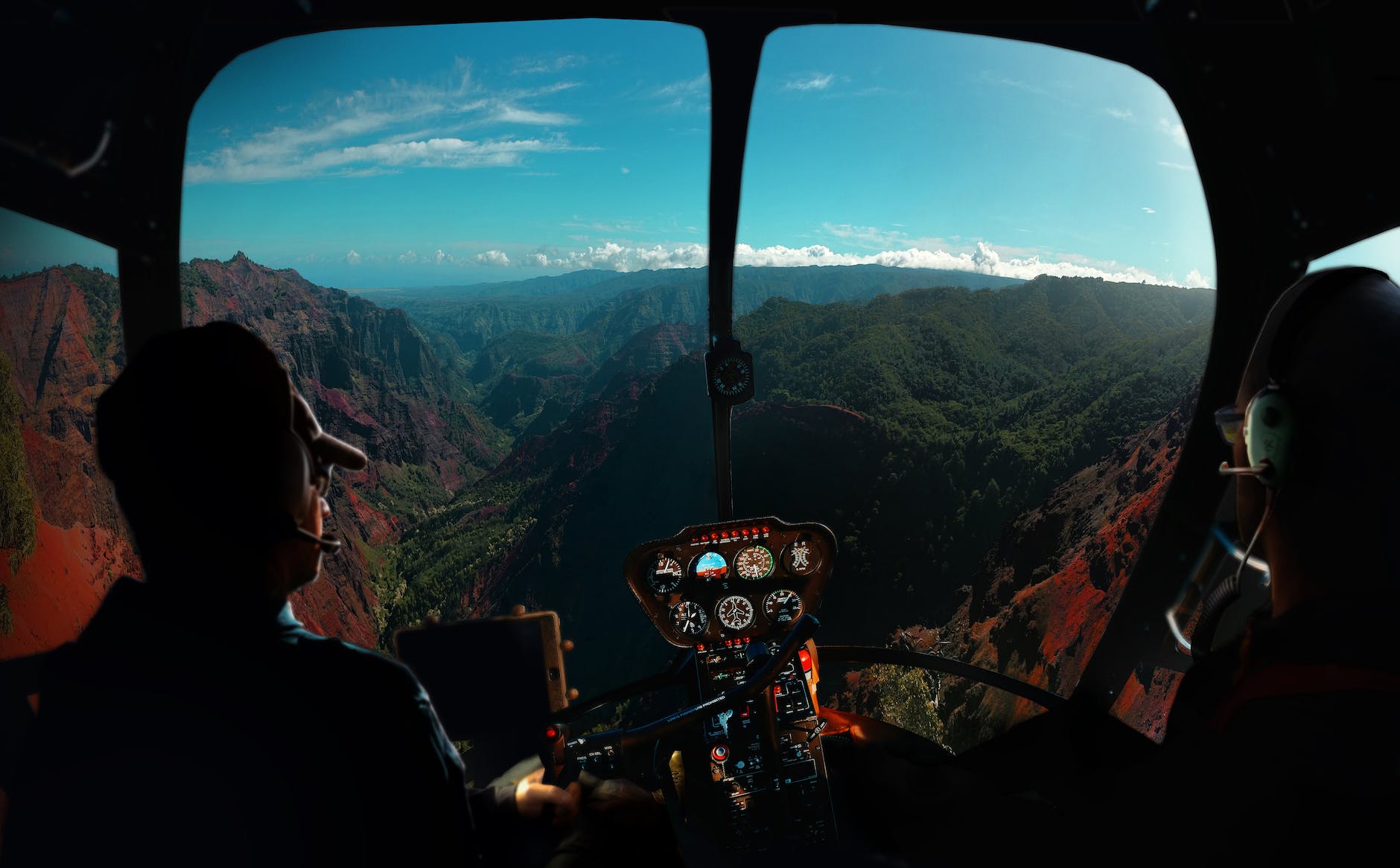In the realm of spiritual exploration, psychedelics have been recognized in various cultures for centuries as potent agents of consciousness expansion. From the indigenous shamanism of the Amazon to modern therapeutic practices, psychoactive substances have facilitated profound mystical experiences, carried spiritual significance, and supported deeper understanding of our psyche and universe.
Consider the ayahuasca ceremonies of Amazonian tribes, involving a potent brew known to induce hallucinations and provide encounters with higher realms of existence. Its use stems from the belief that it enables individuals to transcend their corporeal existence, experiencing divine connection and gaining insight about their lives and the universe. Western psychiatry has also begun looking into the benefits of controlled psychedelic use, such as aid in therapy and treatment of conditions like depression and post-traumatic stress disorder. The common thread linking these diverse practices? A profound alteration of the mind’s state, which parallels significant elements of spiritual practices worldwide.
Central to the psychedelic experience is the concept of ‘ego dissolution.’ Many who have experienced the effects of psychedelic substances, such as psilocybin (magic mushrooms) or LSD, detail a phenomenon of the ego’s dismantlement, a shift from self-focused consciousness to egoless awareness. Research has found that this process often results in feelings of connectedness and unity – with oneself, others, and the world – mirroring the transcendence sought in various spiritual paths.
As these substances navigate the complex pathways of the human brain and dissolve boundaries, they can mirror, magnify and accelerate the meditation process, another spiritual tool for consciousness expansion. As the user’s everyday sense of reality fades, they may enter a state of heightened awareness, where previously unexplored realms of consciousness become accessible. In this sense, psychedelics can act as catalysts for spiritual growth, offering glimpses of higher consciousness that might take years of disciplined meditation to achieve otherwise.
Despite these intriguing correlations, caution must be exercised when integrating psychedelic usage into spiritual practice. They are powerful and unpredictable substances, their effects reliant on intricate interplays of dosage, mindset, physical environment, and individual brain chemistry. Their improper use can lead to negative, even harmful, experiences – thus the importance for appropriate guidance and preparation, best provided within a controlled, supportive setting.
The societal stigma surrounding psychedelics is gradually shifting, thanks in large part to a resurgence of scientific research exploring their therapeutic potential and their links to spirituality. Johns Hopkins University, for instance, conducted significant studies uncovering the potential for psilocybin to induce spiritual experiences indistinguishable from those described in religious texts.
Moreover, increasing anecdotal evidence from individuals who have undergone spiritual transformations following a psychedelic experience strengthens the argument for their potential spiritual significance. While psychedelic substances assuredly do not guarantee spiritual experiences or insight, they can, when used appropriately, open doors to profound self-exploration and consciousness expansion.
Positions on the use of psychedelics for spiritual growth vary significantly, reflecting our diverse perceptions of spirituality. Some may argue that true spiritual growth requires a long, difficult, and personal journey, potentially undermined by the seemingly easy access to transcendence offered by psychedelics.
Balancing these perspectives, it becomes evident that psychedelics are not ‘shortcuts’ to spirituality. Instead, they are tools that, when used responsibly, thoughtfully, and with reverence, can potentially amplify the spiritual exploration process. In essence, they serve as magnifying glasses, enabling us to see the intricate details of our existence, hinting at the expansive universe within.
As research progresses and the societal stigma surrounding psychedelics lifts, only then may we fully understand their role within the tapestry of spirituality.
In closing, while the connection between psychedelics and spirituality is undeniably complex and tentative, it is also deeply fascinating. As we continue to inquire and explore, we deepen our understanding of the human psyche, meditation, transpersonal experiences, and, perhaps most intriguingly, the profound mystery lying at the intersection of spirituality and consciousness.
Sources:
1. Frontiers in Psychology
2. Johns Hopkins Medicine





